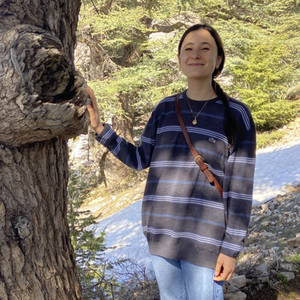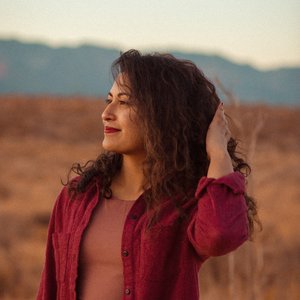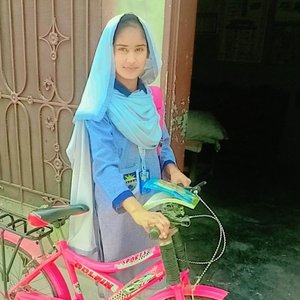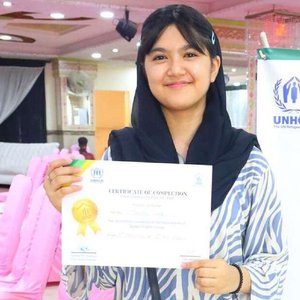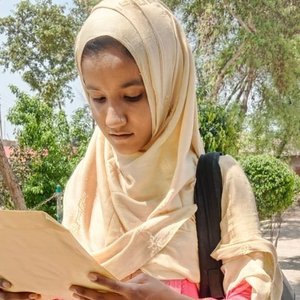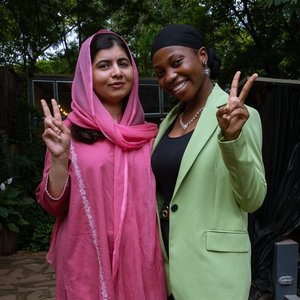How radio lessons helped Bintu continue learning during the COVID-19 crisis
(Courtesy of ACE Charity)
11-year-old Bintu shares how ACE Radio School allowed her to continue learning in lockdown.
For Bintu, an 11-year-old Nigerian student in Borno state, primary six was a critical school year. She was preparing to take an exam at the end of the year that would determine if she would be able to continue her education in secondary school.
But in March 2020, the COVID-19 pandemic reached Nigeria and a nationwide lockdown went into effect. Schools across the country — including Bintu’s — closed in an effort to curb the virus’s spread. “The lockdown has been bad for me because I was not able to go to school,” Bintu says. Without access to a computer or the internet at home, Bintu couldn’t take part in distance learning and continue studying for her exam.
Malala Fund Education Champion Kiki James (Courtesy of Kiki James)
Lack of access to technology-dependent learning options is a problem for girls across Nigeria, for whom the COVID-19 pandemic has meant an indefinite interruption to their learning. While the Nigerian government made distance learning provisions available to students via the internet, TV and radio, Malala Fund’s research shows just 10% of girls in Kaduna state were actually accessing these learning options. Furthermore, only nine out of over 1,300 families reported receiving any alternatives to tech-based learning from schools or the education department.
Stuck at home amid school closures, Bintu began listening to the radio with her father. One afternoon, she heard an announcement about ACE Radio School beginning broadcasts in Borno state — and her spirits rose. Created by Malala Fund Education Champion Kiki James, ACE Radio School is an educational broadcast for students in remote areas of Nigeria without access to online resources. During the pandemic, the programme played three days a week in nine states so students like Bintu could learn during quarantine and catch up on topics like literacy, numeracy and science.
“If not for ACE Radio School, I would forget a lot of what I learned in the past. Since I started listening, I have learnt letter sounds and addition, and I have also learnt the word ‘benevolent.’”
Every Monday, Bintu borrowed her father’s radio and listened to ACE Radio School alongside her friends and siblings. “If not for ACE Radio School, I would forget a lot of what I learned in the past,” Bintu shares. “Since I started listening, I have learnt letter sounds and addition, and I have also learnt the word ‘benevolent.’” For Bintu, these radio lessons were both a chance to learn new things while her school is closed and a welcome break from the monotony of life in lockdown. “I like Mallama Rukky because she teaches my best subject, science, and she teaches with energy,” Bintu shares. “I also love Mrs. E because when she is teaching letter sounds, she sings songs.”
In Nigeria, techless provisions are key to ensuring girls like Bintu can continue their education through crises. “It is important to keep learning when schools are closed,” says Bintu, who passed her common entrance exams and is gearing up for her future career. “I want to become a doctor and help save lives.” With schools reopening in Nigeria, Bintu is well on her way.
 Read more
Read more







